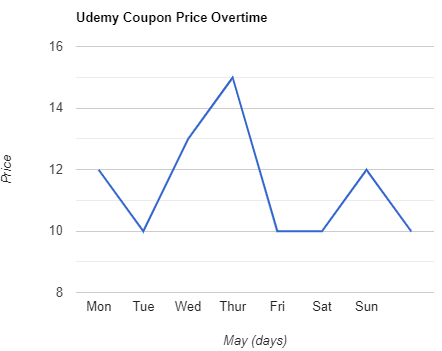Kinetics: Studying Spacecraft Motion
Spacecraft Dynamics and Control covers three core topic areas: the description of the motion and rates of motion of rigid bodies (Kinematics), developing the equations of motion that prediction the movement of rigid bodies taking into account mass, torque, and inertia (Kinetics), and finally non-linear controls to program specific orientations and achieve precise aiming goals in three-dimensional space (Control). The specialization invites learners to develop competency in these three areas through targeted content delivery, continuous concept reinforcement, and project applications.The goal o
Created by: Hanspeter Schaub
 Quality Score
Quality Score
Overall Score : 86 / 100
 Live Chat with CourseDuck's Co-Founder for Help
Live Chat with CourseDuck's Co-Founder for Help
 Course Description
Course Description
 Instructor Details
Instructor Details

- 4.3 Rating
 12 Reviews
12 Reviews
Hanspeter Schaub
Hanspeter Schaub is the Glenn L. Murphy Chair of Engineering and Professor in Aerospace Engineering Sciences at the University of Colorado Boulder and is the current graduate chair of the aerospace engineering sciences department. He has nearly 20 years of research experience, of which four years are at Sandia National Laboratories. His research interests are in nonlinear dynamics and control, astrodynamics, relative motion dynamics, and relative motion sensing. This has led to approximately 122 journal and 187 conference publications, and a 3rd edition textbook on analytical mechanics of space systems. In the last decade, he has developed the emerging field of charged astrodynamics. Schaub has been the ADCS lead in the CICERO mission and the ADCS algorithm lead on a Mars Mission. He has been awarded the H. Joseph Smead Fellowship, the Provosts Faculty Achievement Award, the Faculty Assembly Award for excellence in teaching, as well as the Outstanding Faculty Advisor Award.





